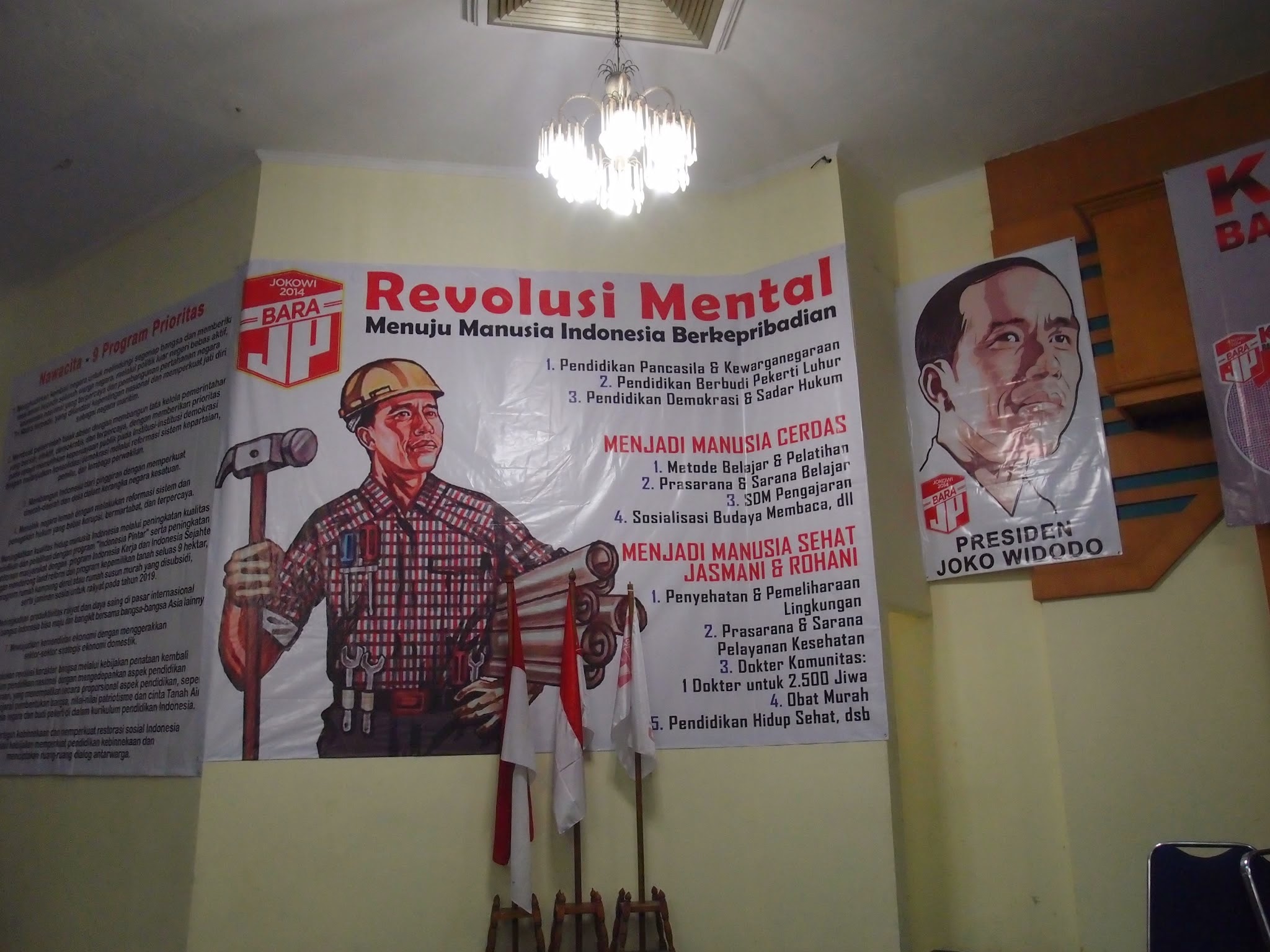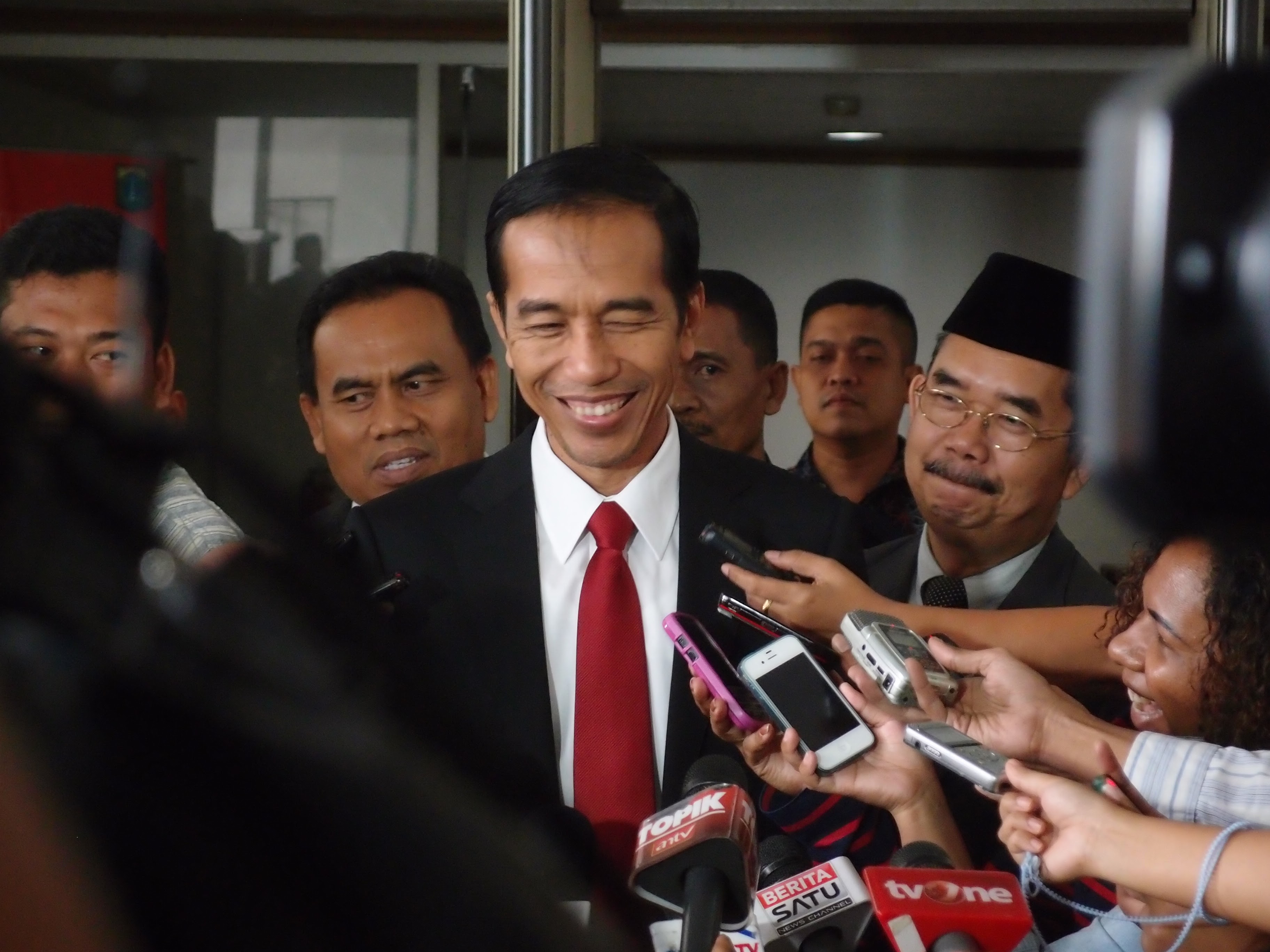- Project Leader : Miichi Ken (Iwate Prefectural University, Faculty of Policy Studies)
- Collaborators : Honna Jun (Ritsumeikan University, College of International Relations)
- : Okamoto Masaaki (Kyoto University, Center for Southeast Asian Studies)
- : Kusaka Wataru (Nagoya University, Graduate School of International Development)
- : Nakanishi Yoshihiro (Kyoto University, Center for Southeast Asian Studies)
- : Seto Hiroyuki (Nagoya University, Graduate School of Law)
- : Kiba Saya (Doshisha University, Faculty of Policy Studies)
- : Toyama Ayako (Kyoto University, Center for Southeast Asian Studies)
- : Iga Tsukasa (Kyoto University, Center for Southeast Asian Studies)
- : Kayane Yuka (Kyoto University, Center for Southeast Asian Studies)
Outline of Research
This research tries to clarify why politics of answerability, such as the introduction of accountability reform and the rise of populism, occur simultaneously in Southeast Asian countries. The comparative study of seven countries will contribute to debates about democratization and political reform in Southeast Asia. Two seminars will be held at CSEAS in order to discuss case studies and refine theoretical frameworks. The research will then be further developed into an international project with Southeast Asian counterparts.
Description
Demands to political leaders for accountability reform have never been more widespread among Southeast Asia countries, regardless of the varying degree of democracy they have achieved. These demands are based on normative appeals to governments to disclose information and be accountable for policy decisions and their consequences. During the past decade there has also been a dramatic rise in populism, both in national and local politics in Thailand, Indonesia, and the Philippines. These populists often detour parliaments and speak directly to the people. Despite such trends across the region, past schlarship on answerability has mostly been limited to single-country studies. This research will identify the causal relationship between domestic politics and international phenomena through comparative studies. Analysis of the politics of answerability contributes to theoretical discussions on democratization. It will particularly challenge arguments that emphasize the importance of oligarchies and the careening nature of democracy in Southeast Asia.
 “Mental Revolution” poster of Joko Widodo’s volunteer team at the 2014 Indonesian Presidential election. |
 President Joko Widodo |
